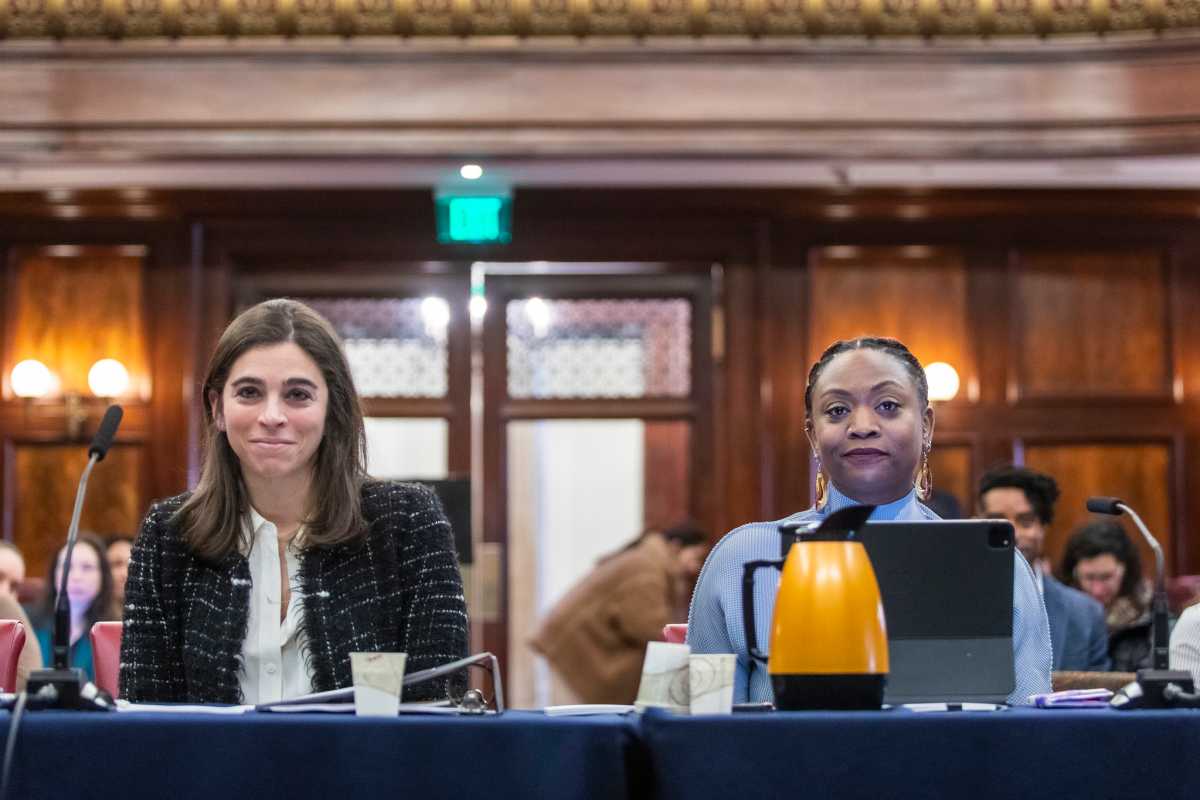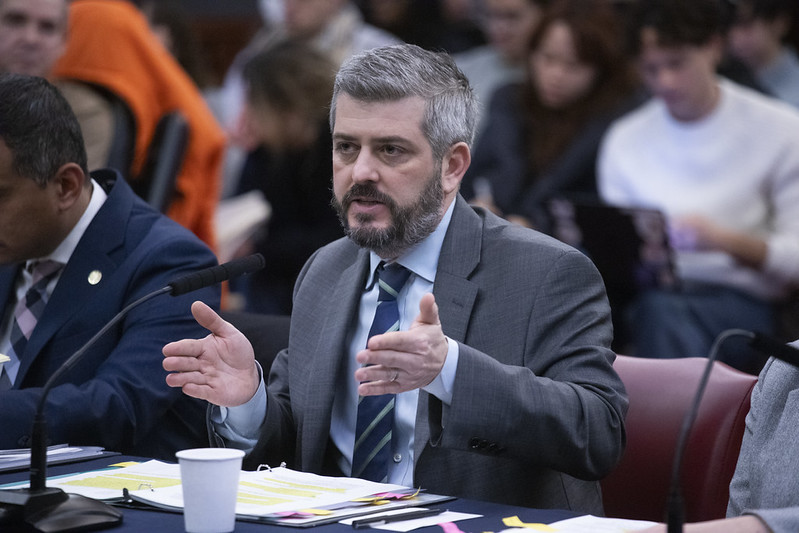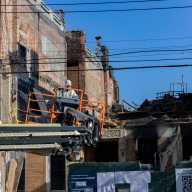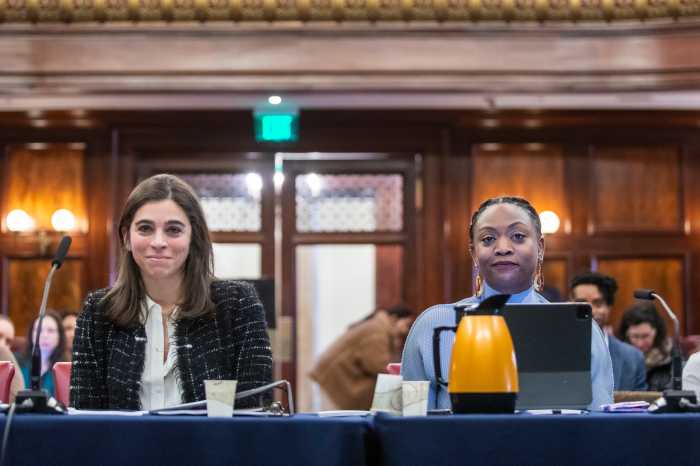Preserves Jobs At M.E.’s Office
City Council Speaker Christine Quinn, along with Finance Chair Domenic M. Recchia, Jr., Health Chair Maria del Carmen Arroyo, Public Safety Chair Peter Vallone, Jr. and Women’s Issues Chair Julissa Ferreras announced the restoration of $730,000 in critical funding to the Office of the Chief Medical Examiner (OCME) that will preserve 12 positions in forensic biology and evidence.
The restoration enables the OCME to continue supporting current DNA caseloads, which would have otherwise begun to experience a backlog of untested cases and potentially dangerous and unacceptable delay of results. The restorations were approved at the Jan. 4 stated City Council meeting as part of the
–SEE RESTORED ON PG. 57- first quarter budget modification.
The highly specialized staff positions are responsible for performing DNA analysis-an important tool frequently utilized by the city’s law enforcement and court system. The OCME tests forensic evidence gathered from a wide range of serious felonies, such as homicides and sexual assaults, to all crime types, including robberies and burglaries.
In 2003, New York City successfully eliminated its DNA testing backlog, which has since garnered national recognition as a best practice. Subsequently, and more importantly, the city’s arrest rate has since jumped from 40 percent to 70 percent.
“The Council understands we must do everything in our power to protect public safety,” said Quinn. “The restoration of these funds is a vital step in protecting New Yorkers and will allow prosecutors to do their important work with speed and efficiency. I want to thank my colleagues for taking this stand to advance the progress achieved by the Office of the Chief Medical Examiner.”
“If one aspect of the criminal investigation process is slowed due to lack of funding, the safety of the public suffers. This important restoration will allow perpetrators to be brought to justice sooner rather than later,” said City Council Member Peter Vallone, Jr., who chairs the Public Safety Committee.
Over the past few years evidence submissions to OCME have increased, while consecutive rounds of budget cuts have reduced staff dedicated to DNA testing by 31 percent. This past November, the mayor asked the OCME to make sacrifices; however, according to the City Council, the OCME was simply unable to absorb a further reduction in headcount without adversely impacting its DNA testing services and the city’s crime fighting efforts.
With the proposed budget reductions
DNA testing submissions would have required an additional review process which inherently creates delays.
Some categories of testing could have been relegated to a non-priority status, such as non-stranger rape kits. Studies have shown that any delay in testing keeps more predators out of jail and on the streets and failing to test all evidence submissions increases the risk that a repeat offender will strike again.
The chair of the Council’s Committee on Women’s Issues, Council Member Julissa Ferreras stated, “I am gratified that the City Council was able to restore these funds to the OCME and preserve the positions of those performing important DNA analysis, including the testing of rape kits. This action will help safeguard the welfare of New Yorkers, and women in particular, by preserving crucial evidence that will facilitate the prosecution of sexual assaults and violent crimes.”
“The DNA lab plays a vital role in our ability to effectively solve and prosecute some of the city’s most serious crimes. Restoration of funding to the lab will unquestionably enhance public safety,” said Queens District Attorney Richard A. Brown.
“I applaud the City Council’s work to restore these funds to preserve positions at the Office of the Chief Medical Examiner,” added Kings County District Attorney Charles J. Hynes. “This funding will allow OCME to continue to swiftly perform the critical scientific tests that provide evidence to my office in a variety of violent crimes. No predator should be allowed to walk the streets because of budget cuts.”
The City Council urged Mayor Michael Bloomberg and his administration to commit to preserving DNA analysis by restoring these funds in his preliminary budget for fiscal year 2013 and beyond, claiming that a failure to do so would put New York City’s public safety at risk.

































